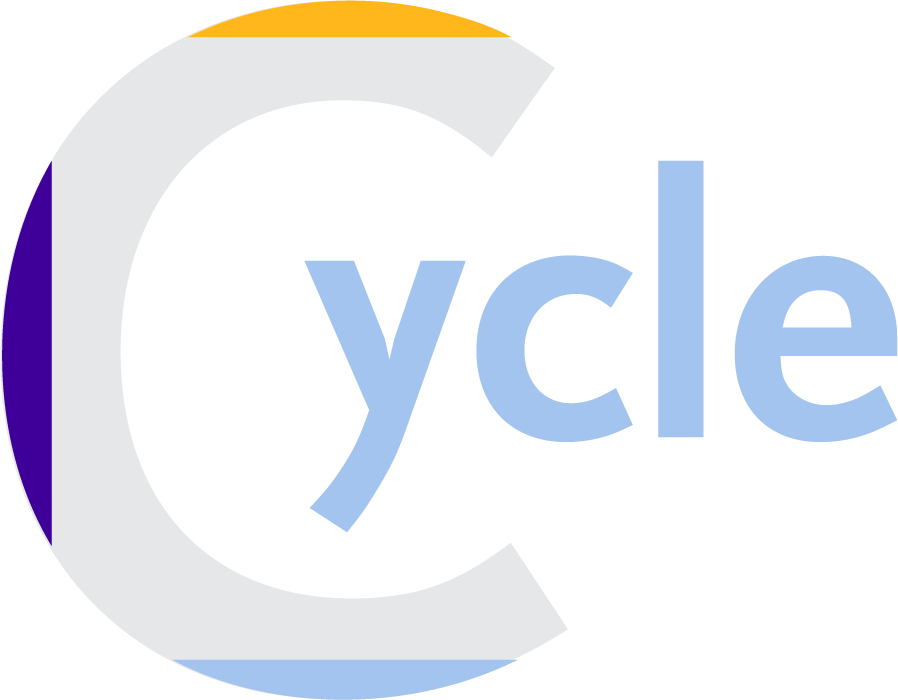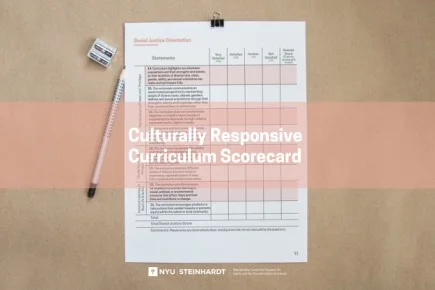CYCLE Summer Learning Series: Part 1
One of CYCLE’s core values is learning, specifically to create a culture of inquiry where ideas, information, and discoveries are exchanged. Over the summer, CYCLE staff have had opportunities to facilitate and attend a number of learning events. During the last few weeks of summer, we will be publishing a series of blog posts on lessons, reflections, and takeaways from those learning opportunities. First up, Tracie Potochnik, Senior Research Manager at CYCLE, reflects on the Understanding Root Causes of Inequities learning community and webinar series.
Understanding the Root Causes of Inequity Learning Community and Webinar Series
When cultivating our learning culture CYCLE seeks to center the perspectives and experiences of people most affected by an issue. To this end, we have supported cross-site learning among the six districts involved in the Nellie Mae Education Foundation’s Understanding Root Causes of Inequities initiative. The initiative emphasizes engaging and using the expertise of youth, families, and educators to better understand and find solutions to districts’ most pressing educational inequities. Over the past year and a half, CYCLE has facilitated cross-site learning for the cohort, including a webinar series launched this spring.
Our spring/summer webinars have focused on developing culturally responsive classrooms, an issue that has been top of mind for cohort districts and communities. In May, Angel Martinez, a parent leader from the NYC Coalition for Educational Justice and Megan Hester, a researcher from NYU’s Metropolitan Center for Research on Equity and the Transformation of Schools walked through their recently developed Culturally Responsive Curriculum Scorecard, designed to help determine the extent to which schools’ English Language Arts curricula are culturally responsive. Angel and Megan offered examples of events that use the scorecard to facilitate meaningful conversations about student learning among educators, families and community members, and youth. The tool itself and these events are designed to be accessible to broad audiences and to value lived expertise as well as content expertise.
Our June webinar focused on increasing educators’ cultural competence through youth leadership. Kiara Butler, CEO of Diversity Talks and Victor Anaya, a youth leader from the Central Falls School District discussed how youth have been supported to lead a series of professional development workshops for educators and administrators designed to deepen understanding of equity, diversity, and inclusion through culturally relevant and responsive conversations. These student-led workshops cover topics such as implicit bias, power and privilege, intersectionality, microaggressions, and student voice and create opportunities for dialogue and reflection between students, educators, and administrators that too often does not happen in classrooms.
Taken together, these webinars offer examples of why equity-centered change is not simply a technical endeavor. Both presentations emphasized not only the critical roles that youth, families, and educators must play in constructing classrooms and school cultures that are culturally responsive but also the importance of building relationships and collective understanding between and among these stakeholders to provide students with meaningful educational experiences.

